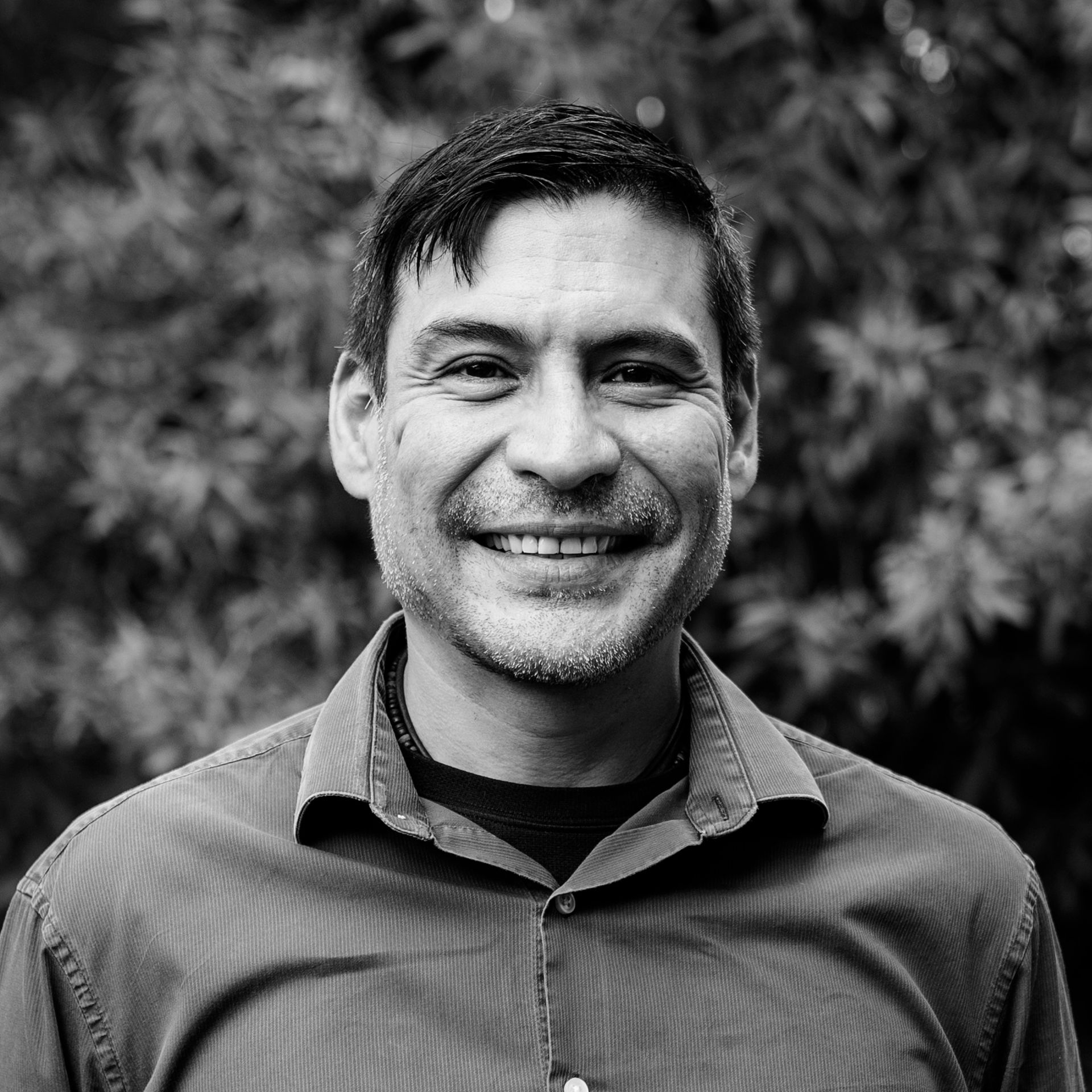Acupuncture and Chinese Herbal Medicine
What is Acupuncture?
Acupuncture is a time-honored practice rooted in ancient Chinese medicine. It is based on the concept of "Qi" (pronounced "chi"), which represents the body's vital energy.
In Chinese medicine, the proper flow of Qi is essential for maintaining health, and any imbalances in its flow, strength, or quality can lead to illness. While the concept of Qi may be difficult to define precisely, it is often described as the state of harmony and balance in the body, akin to homeostasis.
Acupuncture involves the insertion of fine, sterile needles into specific points on the body to promote the flow of Qi. These needles are typically retained for about 20 to 30 minutes during a session. Many people report a sense of relaxation and well-being following an acupuncture treatment. Acupuncture can be safely administered to people of all ages and backgrounds and has seen a significant increase in popularity worldwide over the past few decades.
During a session, other therapeutic techniques may be incorporated to enhance the effects of acupuncture, such as cupping (the application of suction cups) and moxibustion (a therapy that uses heat applied to specific points). Acupuncture can also be tailored to address specific issues through techniques like electro-acupuncture or auricular (ear) acupuncture.
Chinese Herbal Medicine
Chinese herbal medicine is one of the oldest and most significant components of traditional medicine.
Its roots trace back thousands of years, evolving alongside dietary therapy as one of the earliest forms of healing. Today, it remains one of the most robust methods within Chinese medicine, often used in conjunction with acupuncture.
What sets Chinese herbal medicine apart is its holistic approach, addressing both the cause and symptoms of health issues while considering the interconnectedness of the body, mind, and spirit. Herbal prescriptions may contain multiple ingredients, tailored to each individual's needs. These remedies can be administered as raw or ground herbs, granules, pills, capsules, syrups, tinctures, creams, ointments, or patches.
Chinese herbal medicine includes not only plant-based ingredients but also mineral and animal products. In Australia, practitioners adhere to strict ethical standards, ensuring that endangered or unethical substances such as rhinoceros horn, bear bile, or tiger parts are not used. Instead, effective alternative herbs and substances are employed for treatment, upholding both safety and ethical standards.





